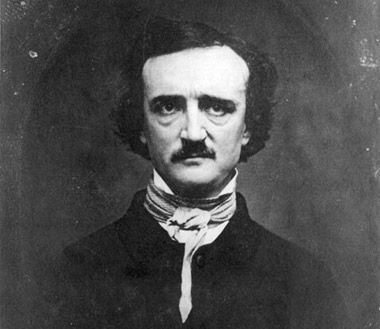Step 5 – Admitted to the world, to another person, and to ourselves the exact nature of our disease
 Bottom line is this. Do you have someone to talk with about your writing life? Do you have someone you can share your doubts, fears, and resentments with?
Bottom line is this. Do you have someone to talk with about your writing life? Do you have someone you can share your doubts, fears, and resentments with?
If not, I’d find someone. I have a whole group. But for me, it takes a village.
Now, you want to be a little careful with this. You want someone who is supportive, who can listen, but who is also not afraid to ask questions, or point out where you might be off in your thinking. I have poor thinking sometimes, and I need help to get my mind set straight. In my head, working on four books at the same time makes perfect sense. In reality, that’s a stretch.
As we share our fourth-step inventory with that lucky, supportive person, what we are doing is looking for patterns of behavior or thought that are self-destructive.
This is why we shouldn’t burn our fourth step inventory because it really is a treasure map. Unfortunately at the end, there isn’t buried treasure, only weird, twisted thinking generally. No gold there. It’s far more icky.
It’s amazing what happens once you get your resentments and fear on paper, and then actually read what you wrote to someone else. Things become clear. You can see things that you believe that are simply not true.
For example, I truly believed that out of the five billion people on earth, I was destined to fail in everything I ever tried. It was set in iron. Is this true? Hardly. And yet I believed that unquestioningly. Without a shred of real evidence. I was deluded.
Another idea I had, that I truly believed, was that if I couldn’t be the best, right out of the gate, I just wouldn’t play. I love the idea of the “natural” genius. I think it comes from watching waaaaayyyyy too many movies. In the movies, the hero becomes awesome in a montage scene. A little Rocky Balboa music, a little running, and they are ready to defeat the villain. I WANT THAT! Real life takes too much time.
But I walked away from a lot of things because I wasn’t good at them right away. My thinking caged me. I had no idea I thought this way until I looked at it.
I was haunted by demons, especially around my writing. I had lived a lifetime of fear and terror without ever actually failing.
I had to get a list of my character defects, the exact nature of my disease, before I could start to heal from it and rise above my defective head.
It’s by going through our fifth step that we get the tools to write our list of character defects. And it’s through steps sixth and seven that we get some freedom from those character defects. Self-knowledge is one thing, but I need help from a power greater than myself.




